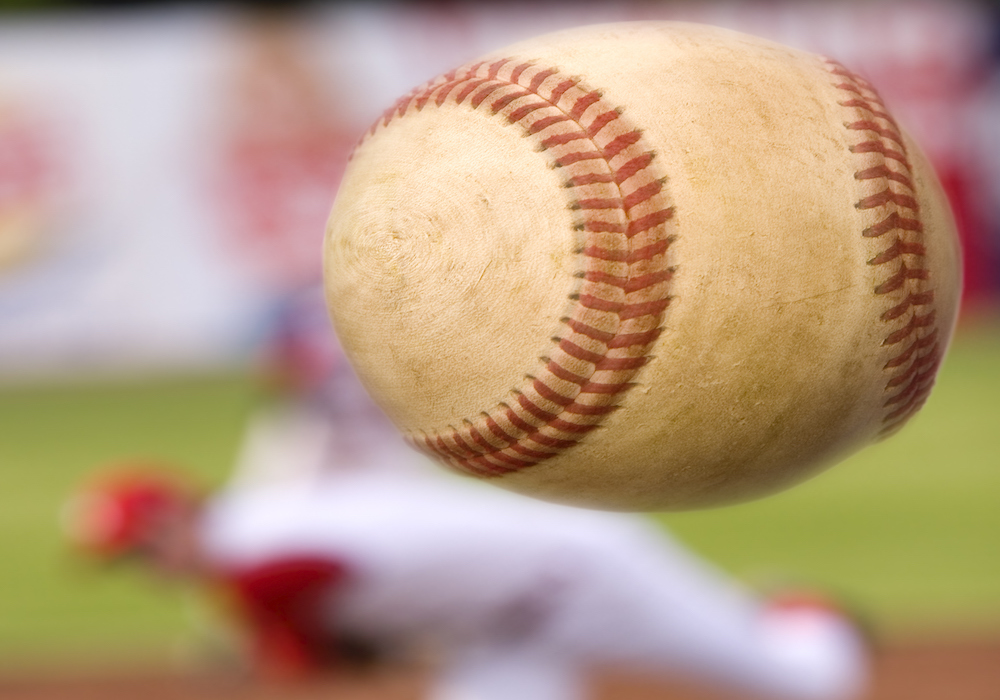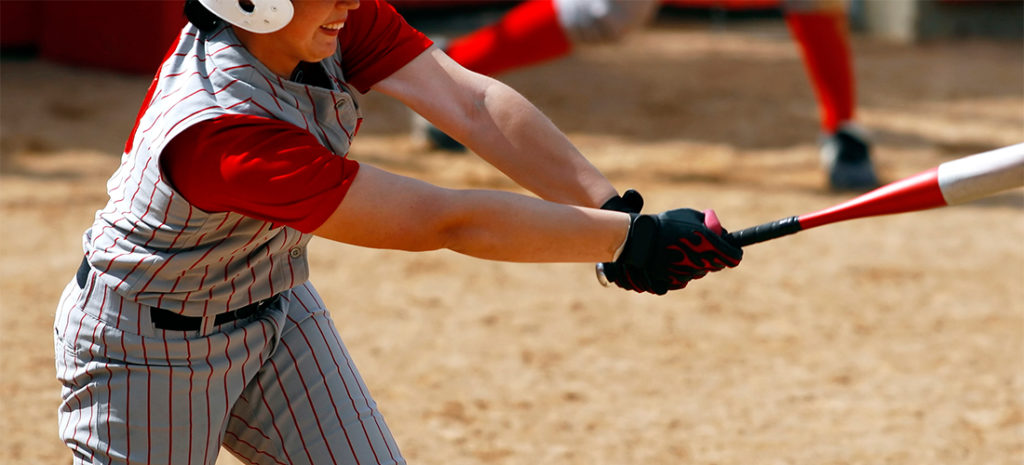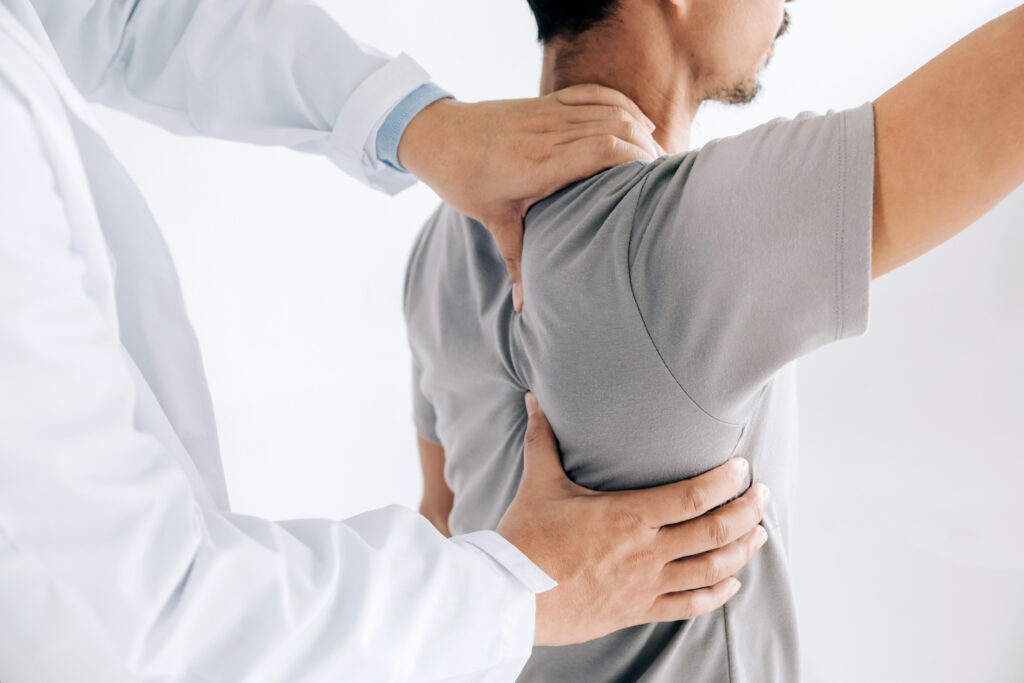Constant throwing or arm rotation can put a lot of stress on the most mobile joint in your body: your shoulder. The name of this condition—thrower’s shoulder—refers to what’s medically called internal impingement.
This injury occurs in the “cocking” phase of throwing, when a pitcher is bringing his or her arm back before the swing. Sometimes, the tendons in your rotator cuff get pinched between your labrum and humeral head which could lead to a rotator cuff tear if it’s not treated.
In this blog article, we’ll discuss what thrower’s shoulder feels like, how it’s treated, and how to prevent this painful injury in the first place.
Shoulder anatomy
To understand what causes thrower’s shoulder, it helps to learn about the different components of the shoulder and how they move when in the throwing motion.
Two joints make up the shoulder:
- The acromioclavicular joint connects your shoulder blade to your collarbone and allows you to raise your arm above your head.
- The glenohumeral joint is a ball and socket joint. It gives you the ability to rotate your shoulder in a circle and move it up and out from your body.
Soft tissue like ligaments, cartilage and tendons surround your glenohumeral joint. They help cushion the joint’s movement and keep the large humeral head in the shallow socket cavity.
Your rotator cuff is a group of tendons and muscles surrounding the top of the humerus to keep the head in place and allow your arm to rotate. It sits on top of your shoulder’s ball and socket joint to protect it.
The rotator cuff is the area most impacted by thrower’s shoulder.
What does thrower’s shoulder feel like?
Some of the most common symptoms associated with thrower’s shoulder include:
- Tenderness in the front of the shoulder
- Pain when throwing overhead
- Tenderness around your scapula
- Inflammation/irritation of affected tendons
- Shoulder instability
- Shoulder weakness
Symptoms of thrower’s shoulder usually begin with the injury, but it can worsen over time if it isn’t treated and turn into a rotator cuff tear.
What causes thrower’s shoulder?
Thrower’s shoulder is caused by what it sounds like: It is an injury caused by overusing the tendons in your shoulder, usually from throwing or another overhead activity, like tennis, baseball or swimming. It’s mainly seen in young athletes.
When you overuse your shoulder, the tendons become inflamed and “catch” on your shoulder bone. Although this usually affects your rotator cuff, it can also affect your labrum.
This overuse and inflammation can eventually lead to even the fittest athlete developing thrower’s shoulder.
How do I know if I have damaged my rotator cuff?
To determine whether you have a torn rotator cuff from throwing, your physician will ask you for a complete medical history, have you describe your symptoms and conduct a physical examination.
Shoulder specialists also sometimes have patients get X-rays or MRIs to confirm their patients’ shoulder pain causes.
Learn more about OrthoIndy shoulder treatments
How is thrower’s shoulder treated?
Treatment for thrower’s shoulder will start with nonsurgical interventions, including:
- Rest
- NSAIDs and steroid injections
- Strengthening program through physical therapy
If you don’t see any change in your inflammation or pain levels with these nonsurgical treatments, your physician may suggest surgery.
The surgery you may undergo will widen the space around your rotator cuff and allow your rotator cuff space to move without catching on the bone.
How do you fix a shoulder impingement?
Thrower’s shoulder will take three to six months to heal completely. Normal activities can usually resume within a month as long as your physician says it’s ok.
To avoid further overuse injuries, make sure you aren’t overdoing it.
During recovery, you shouldn’t do any exercises involving your shoulder or any overhead movements.
Make an appointment with a shoulder specialist
How do I prevent shoulder impingement?
Preventing conditions like thrower’s shoulder is as simple as being well conditioned, practicing proper technique and giving yourself time to rest.
It’s essential to follow guidelines set by coaches, trainers, and organizations to avoid an overuse injury.
Find out what’s really causing your shoulder pain
If your shoulder pain causes you to miss out on normal day-to-day activities, we can help. Request an appointment online or call OrthoIndy at 317.802.2000 to book an appointment with one of our shoulder specialists.
If your shoulder injury or condition is recent, you can walk right into one of our OrthoIndy Urgent Care locations for immediate care. For rehabilitation and physical therapy, no referral is needed to see one of our physical therapists.





